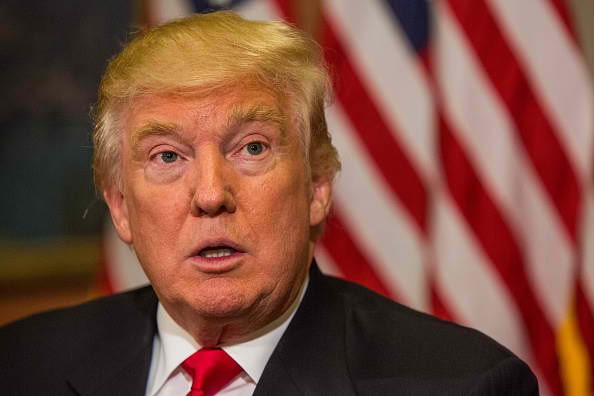New U.S. President Donald Trump's campaign promise to declare China as a currency manipulator could trigger a new trade war between the two countries, experts warned.
According to former U.S. Trade Representative attorney Michael Gadbaw, Trump has a lot of powers as the incoming president to intervene in trade. Which he can use to impose tariffs on China, the Wall Street Journal reported.
Trump has made the pledge to declare China as a currency manipulator as part of his campaign platform in the recently concluded U.S. Presidential elections. Experts said that, by its own, the declaration has very little significance.
However, when used in conjunction with other laws that provide the President with the authority to sanction trade partners, it can have significant effects.
For instance, Gadbaw said, Trump could use the Foreign Trade Act of 1974 to declare the current trade setup with China as being unreasonable and unjustifiable trade restrictions and open the way for imposing larger tariffs on the country.
Trump has repeatedly said that he will impose as much as a 45 percent tariff on China during the campaigns.
Experts also said that China will likely not take such potentially harsh actions of the incoming Trump administration sitting down and will likely take similar actions of its own against America. However, Chinese experts are optimistic that Trump will use his business acumen to pragmatically deal with the country.
Chinese Institute of Foreign Studies analyst and former diplomat Ruan Zongze stressed that such protectionists policies hinted by Trump are double-edged swords that could backfire on them, Fortune reported.
On the other hand, Chinese experts also said that Trump's critical stance against U.S. allies, like Japan, which he accused of freeloading on the American economy could potentially give Beijing more room to maneuver and position itself as the dominant economy in the Asian region.



























